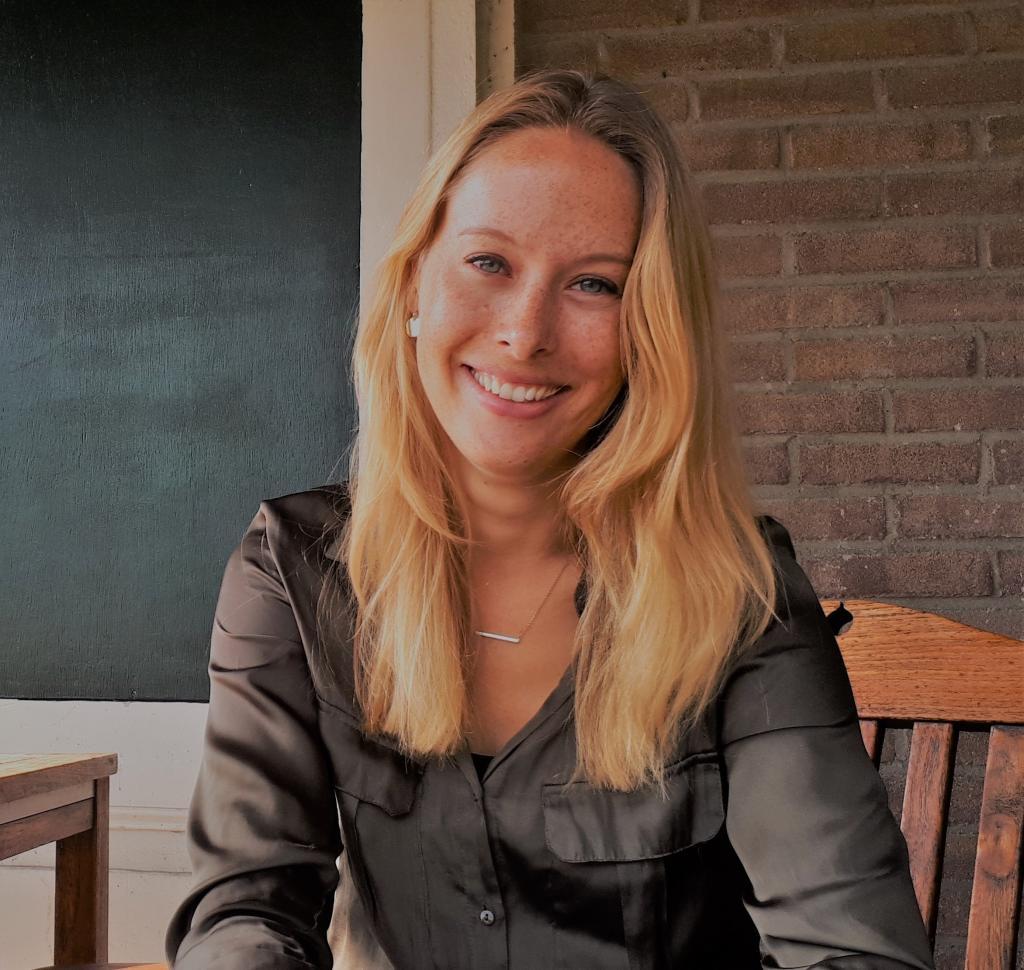An Interview with 2019 Emerging Scholar Award Winner Manon van Scheppingen

1. What got you into personality psychology in the first place?
I got interested in personality psychology when I started my PhD. Before that, I actually was in a different field: I got my bachelor's and master's degree in clinical pedagogy. When I started my studies I had no clue what a PhD entailed and did not know much about personality psychology. My classmates wanted to work with children in practice, and I thought I wanted that too. Then I noticed that I really enjoyed the methodology classes, and I got interested in longitudinal modeling. I was very much inspired by longitudinal studies on the intergenerational transmission of attachment and parenting. During my master's, analyzing data and writing my thesis made me more passionate about scientific research and I realized that I wanted to pursue a scientific career. I got the opportunity to learn more about longitudinal research as a research trainee at Utrecht University (supervised by Loes Keijsers), and she introduced me to Jaap Denissen. By reading his work, the work of Wiebke Bleidorn, and eventually the work of many others I got very excited about personality psychology, and personality development in particular. I was impressed by the large body of studies that show that personality can develop across the entire lifespan, and it intrigued me that we know very little about why this happens. I got the opportunity to do a PhD with Wiebke and Jaap at Tilburg University. During my PhD, Wiebke and I collected and analyzed longitudinal data on personality development during the transition to parenthood, and during these 4 years I felt more and more like a personality psychologist. This feeling was strengthened by going to conferences like ARP and ECP. I value that we take measurement seriously, use rigorous methods, and care about replicability.
2. What are you most interested in these days?
I am currently doing a postdoc in sociology (University of Amsterdam), and have been able to broaden my horizon by including theoretical perspectives and methods from family sociology and demography. I work on an international project using longitudinal data from five countries, in which we combine the best methods from various fields to study the impact of life events. I am currently studying personality development and relationship dissolution, and aim to improve causal inference on this topic. In one of my projects, I developed a new technique to match controls (i.e., married individuals that do not go through divorce) to divorcees and compared their trajectories in life satisfaction before and after divorce. For anyone who is interested, I will present this project this summer at the ARP data blitz symposium.
In addition to doing research, I just started as Early Career Representative in the executive committee of the European Association of Personality Psychology. I think many ECR's have interesting ideas about how we can improve and promote open and reproducible research practices. I am very much looking forward to contribute to the future of personality psychology by giving ECR's a voice!
3. Which topics do you want to tackle in the future?
As much as I enjoy working at the sociology department in Amsterdam, I am a personality psychologist and I am very excited about returning to the department of developmental psychology at Tilburg University next September, where I will start as an assistant professor. For the future, I hope to develop my own research program on continuity and change in personality and close relationships. One of my ideas is to look at social roles in middle to old adulthood (e.g., grandparenthood) and how this relates to stability and change in personality. Inspired by conversations I had with sociologist, I would also like to study the longitudinal link between personality and social class. Sociological theories stress the importance of socio-economic background for how people think and act in many life domains. Yet, many sociologist assume that personality is stable across the lifespan. It would be interesting to take a developmental perspective to examine how people from different socio-economic backgrounds differ in personality stability and change across the lifespan.